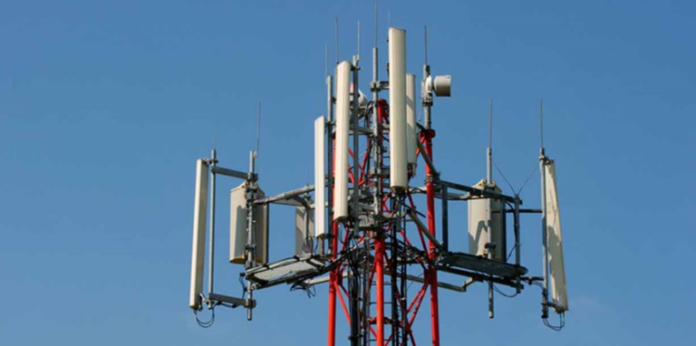N27bn Cable Damage: How to Protect Telecoms Infrastructure in Nigeria
By Abbas Badmus,
Nigeria’s telecommunications sector has experienced remarkable growth in recent years, with increased investment in infrastructure to meet the demands of a rapidly expanding population and economy.
However, this progress is often threatened by challenges such as vandalism, theft, and accidental damage to critical telecoms infrastructure, leading to significant financial losses and service disruptions.
The recent incident involving the damage of telecom cables worth N27 billion underscores the urgent need for proactive measures to safeguard these vital assets.
According to report by TechDigest, Bloomberg reveal that Nigeria’s telecom industry faced staggering losses of nearly N27 billion ($23 million) in 2023 due to repairs and revenue losses resulting from damaged cables. MTN Nigeria and Airtel Africa Plc were particularly affected, shouldering a significant portion of the costs.
MTN Nigeria, the largest wireless operator in Africa’s most populous nation, reported over 6,000 cuts on its fiber cable last year alone.
These damages led to substantial service disruptions for customers, with one incident in February resulting in more than five hours of data and voice outages across multiple locations.
Telecommunication cables, including fiber optic and copper cables, form the backbone of Nigeria’s telecoms network, facilitating the transmission of voice, data, and internet services.
However, these cables are vulnerable to various threats, including vandalism by criminals seeking to steal valuable materials such as copper for resale, construction activities, natural disasters, and accidental damage during excavation works.
The damage to telecoms cables not only results in significant financial losses for operators but also disrupts communication services for millions of users and consumers across the country.
Service outages can impact businesses, emergency response systems, and everyday activities, highlighting the critical importance of protecting telecoms infrastructure.
Read Also:
However, deploying surveillance cameras, motion sensors, and security patrols to deter vandals and thieves.
Collaborating with law enforcement agencies to investigate and prosecute individuals involved in cable theft and vandalism.
Implementing stricter penalties for offenders to serve as a deterrent.
Also, engaging local communities through education and awareness campaigns to emphasize the importance of telecoms infrastructure and the negative consequences of cable damage.
Utilizing GIS technology to map the location of telecoms infrastructure accurately.
Providing real-time information to telecom operators, construction companies, and government agencies to prevent accidental damage during excavation or construction projects.
Collaboration with Government Agencies:
Working closely with regulatory bodies and government agencies responsible for infrastructure development, urban planning, and law enforcement to formulate and implement policies that protect telecoms infrastructure.
Incorporating telecoms infrastructure protection measures into urban planning and development regulations.
Investment in Redundancy and Resilience:
Building redundancy into the telecoms network to minimize the impact of cable damage or service disruptions.
Investing in resilient infrastructure and backup systems to ensure continuity of service during emergencies or repairs.
Public-Private Partnerships (PPPs):
Encouraging collaboration between telecom operators, government agencies, and private security firms to address security challenges effectively.
Leveraging PPPs to fund and implement infrastructure protection initiatives and security measures.
Protecting Nigeria’s telecoms infrastructure is essential for the country’s economic development, social cohesion, and national security.
By implementing a comprehensive strategy that combines enhanced security measures, community engagement, technology, and collaboration among stakeholders, Nigeria can mitigate the risks posed by cable damage and ensure the uninterrupted delivery of communication services to its citizens.
It is imperative for government agencies, telecom operators, and communities to work together diligently to safeguard this critical national asset.



















